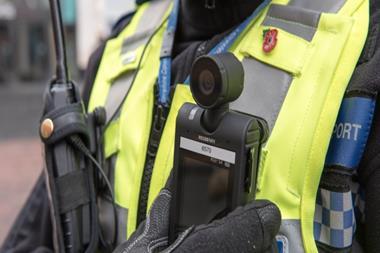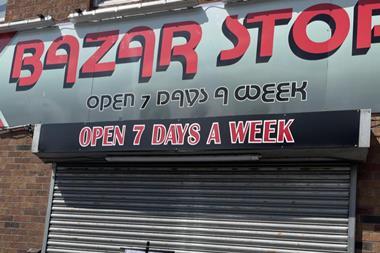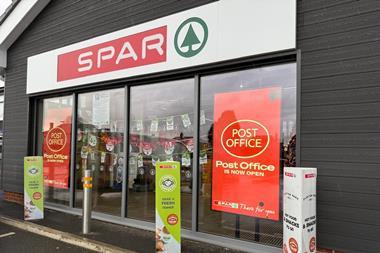Police chief slammed over "ill-informed" fuel theft comments

A leading independent forecourt retailer has slammed a police chief’s “ill-informed” suggestion that drivers should be made to pay for fuel in advance to prevent theft.
Simon Cole of the NPCC said the industry “could design out bilking in 30 seconds”
ALREADY HAVE A REGISTERED USER ACCOUNT? PLEASE LOG IN HERE
To read the full story join the ConvenienceStore.co.uk community today!
Registration is quick and easy and provides access to:
- Unlimited ConvenienceStore.co.uk articles
- Our great range of newsletters
- Content you’ve saved for later via the ‘my library’ feature
And much more…
































